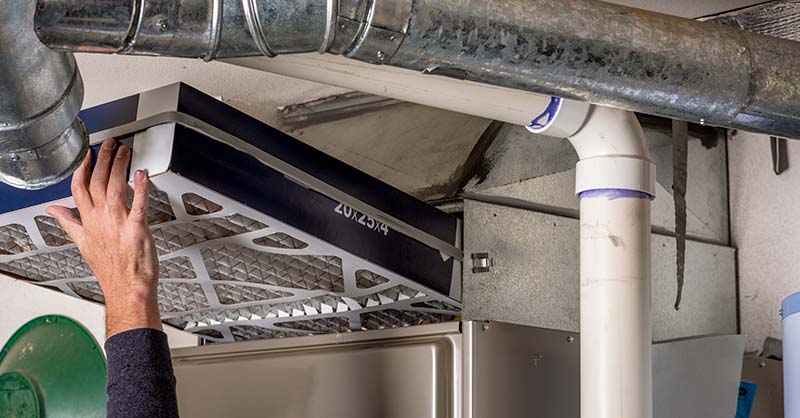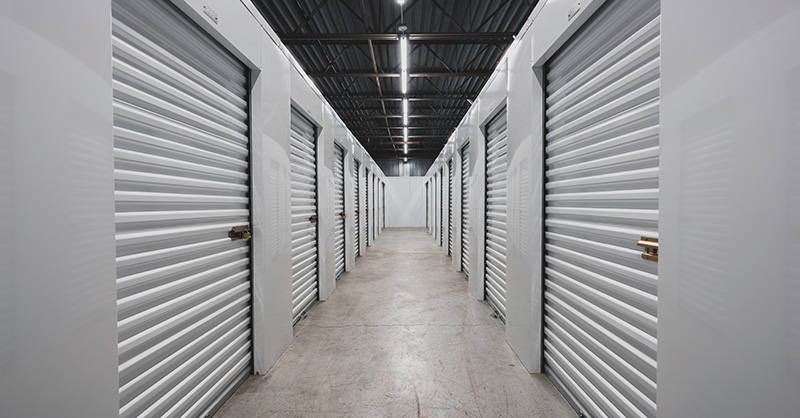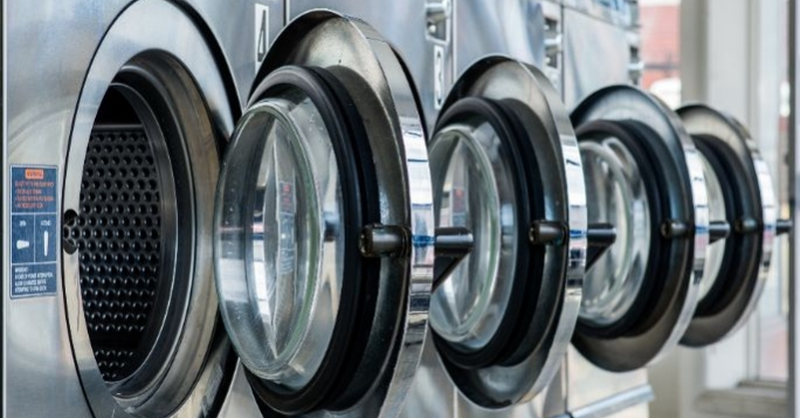Help Prevent Furnace Fires This Winter

As the colder temperatures begin to set in, reliance on heating equipment increases and so should safety awareness. According to the National Fire Protection Association (NFPA), heating equipment accounts for over 45,000 fires per year, with most fires occurring between the November and March months.
Furnace Fire Risks and Safety Tips
Before turning your furnace on for the winter, you should follow the steps below to help reduce the risk of a furnace fire:
- Conduct a yearly check before turning on the furnace. During the off-season, furnaces can sit and develop dust that needs to be properly cleaned before use. Furnaces should also be checked for animals. Depending on the area the furnace is stored in, it may be prone to animals creating homes inside or damaging the internal circuits.
- Change the filters regularly. When operating the system, check with the owner’s manual or manufacturer to determine how often the filters need to be cleaned or replaced.
- Provide a clear path and walkway to the furnace. Reduce the fire load as much as possible and be sure to leave a 3-foot radius of clear space around the furnace.
- Sweep and clean all debris around the furnace.
- Make sure your smoke detectors are functioning properly.
Be sure to treat space heaters with the same level of concern as furnaces. Do not use extension cords for space heaters since they cannot handle the high current draw and could cause a fire to occur quickly and melt the extension cord.
Learn More
Visit NFPA.org to learn more about minimizing furnace fire and explosion hazards. For additional fire safety and property protection guidance, please visit the Plan & Protect safety hub.
.png?sfvrsn=f41e22b1_1)








